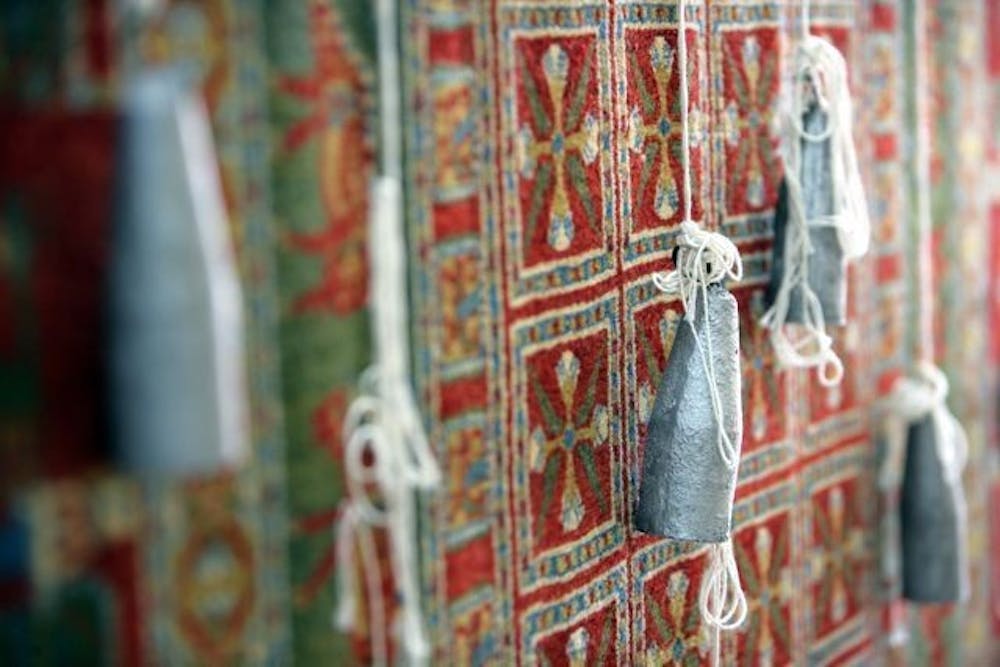More often than not, self-sufficiency is the type of independence to be admired. When it comes to helping other countries gain this same type of independence, the U.S. plays the role of the suffocating parent—and the same goes for aid in Afghanistan.
For example, a 2012 survey of women across Afghanistan by the charity ActionAid discovered that nine out of ten feared the departure of the international community because they felt their lives would significantly deteriorate. Since departure, violence against women has never been higher, with 87 percent of women reporting domestic abuse. And of the 5.8 million people without access to healthcare in Afghanistan, 4.4 million are women. Although international aid has helped shift the public eye to supporting these Afghani women in their communities, an emerging pattern says Afghan women need international aid in order to gain rights in their own country.
The revolution of women in Afghanistan is a fight for their own rights, something a foreign man in a soldier’s uniform can’t manufacture. Women like Zainab, the first woman to ever run a marathon in her country at only 25-years-old, are inspiring women and children all over Afghanistan to be brave in what they love. When training, Zainab spoke about her experiences running outdoors where children would throw stones.
“Prostitutes, why don’t you stay at home? You are destroying Islam,” people would shout at her and her friend.
Most of the time, Zainab had to practice her 26-mile trek running circles around her own backyard. Attempts to play sports for women in Afghanistan, especially those in public, is hard. In the past, Zainab enrolled in a girls' taekwondo club, but shortly after police shut it down. When Zainab ran the marathon in Bamiyan, a more liberal and safer area of Afghanistan.
“Bamiyan is a good place for this. In other places, they would be killed,” the region's governor, Zahir Tahir, said.
Recently, a mob beat a 27-year-old woman to death after arguing with a mullah, a man trained in religious law. Following this woman’s murder, for the first time in history, women in Afghanistan became pallbearers, raising the victim's coffin on their shoulders draped with headscarves; openly sobbing and shouting messages of women's solidarity as they marched along the streets.
Through it all, women in Afghanistan are people seeking their right to run outdoors, have opinions and wear what they want. The only difference is they live in a country that a Thomson Reuters Foundation poll ranked in 2011 as one of the most dangerous places for women to live. But these women, through their own efforts and bravery, are seeking ways to have a voice.
The Afghan Rug Project, an organization founded by James Opie in 2008, is a social enterprise that sells rugs weaved by women in Afghanistan in America or Europe. Its mission is to use rug weaving as an avenue to foster independence for Afghan women. The organization is built on the concept of exchange, expanding the business reach for these women without forcing them to rely on handouts from the Taliban, hard labor in the fields, or charity.
With around 300 women already weaving, the Afghan Rug Project began not to solve complex political or military problems, but to address important needs of village-dwelling families harassed by members of the Taliban who roam the countryside. With organizations like this, women in Afghanistan can support themselves and their families self-sufficiently—a stepping stone for future independence.
Emily Packer is a senior with a double major in Public Communication and Literature at AU.





